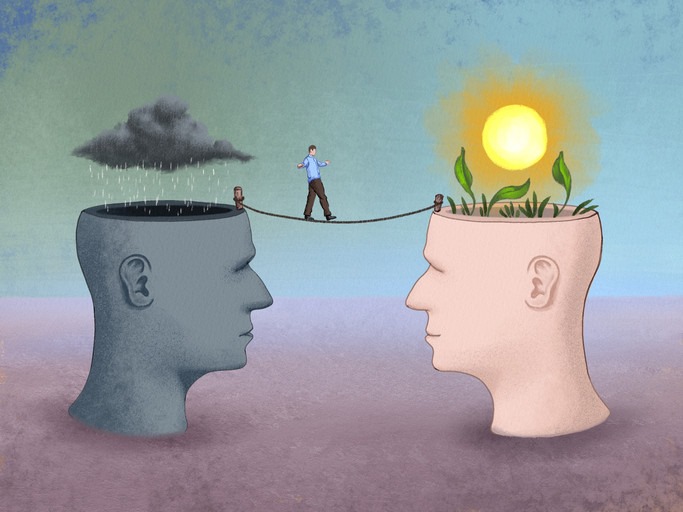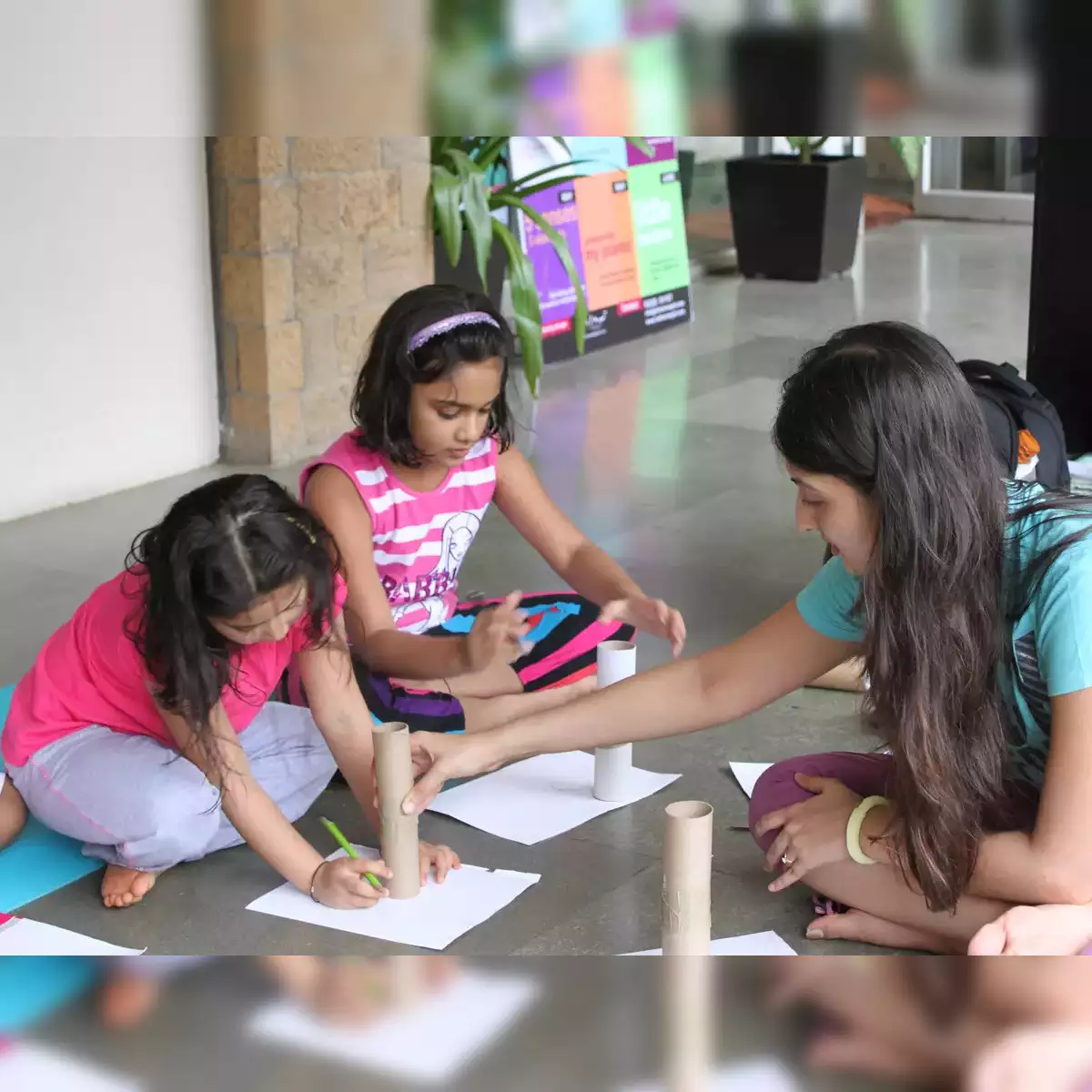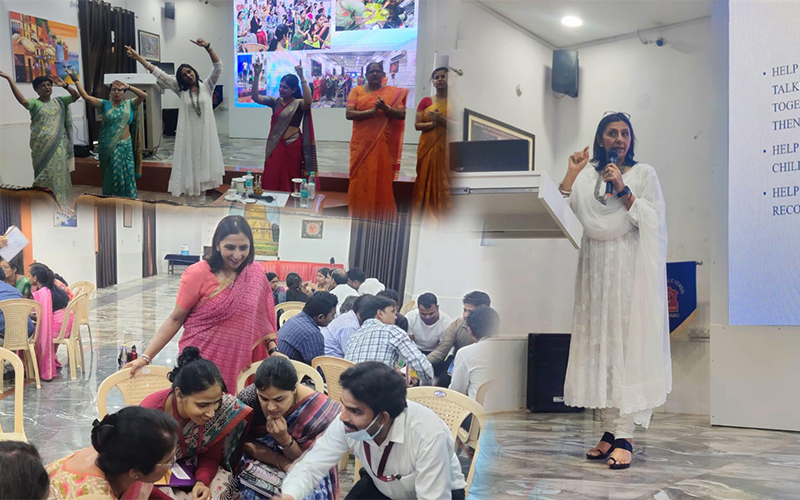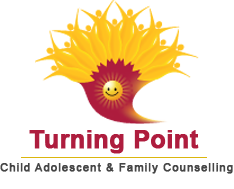+91-9716140635
Get Appointment
Need more help?
Have questions? Contact us, and our team will be happy to help!


Therapy can give your child the confidence and resilience they need to succeed.
At Turning Point, we believe every family deserves the tools and support to navigate life's challenges with confidence and love. Specializing in child associations and family consulting, we provide a safe space for growth, understanding, and transformation. Our experienced team works closely with families, fostering healthy relationships and empowering individuals to thrive.
Your Partners in Growth and Transformation
At Turning Point, we specialize in fostering positive change within families. Our focus on child associations and family consulting allows us to empower families to navigate challenges with confidence and compassion. With a dedicated team of experts, we provide personalized guidance, ensuring every step forward is meaningful and impactful.
Discover Now
Our Strengths
Our team understands the complexities of family relationships and offers tailored solutions to strengthen connections and resolve conflicts effectively.
We prioritize children’s emotional and social well-being, equipping them with tools to flourish in their personal and educational journeys.
By addressing the unique needs of each family, we create strategies that promote growth and harmony for every member.
With a history of success stories, we’ve become a trusted name for families seeking meaningful and lasting transformations.
Helping Guiding Families Toward Growth and
Harmony






Compassionate Support, Proven Results
At Turning Point, we offer expert guidance and personalized solutions to help families and children thrive. With a focus on empathy and lasting change, we’re here to support you every step of the way.
We prioritize empathy and understanding, creating a nurturing environment for families and children.
Our consultants are skilled professionals with years of experience in child and family development.




Need More Information?
Explore our frequently asked questions to learn more about our services and how we can make a difference in your family’s life.

Get appointment
Helping children find their voice and build healthy relationships.
Ready to take the first step? Reach out to us today and discover how Turning Point can make a difference in your family’s journey.
10.00 AM - 08.00 PM




